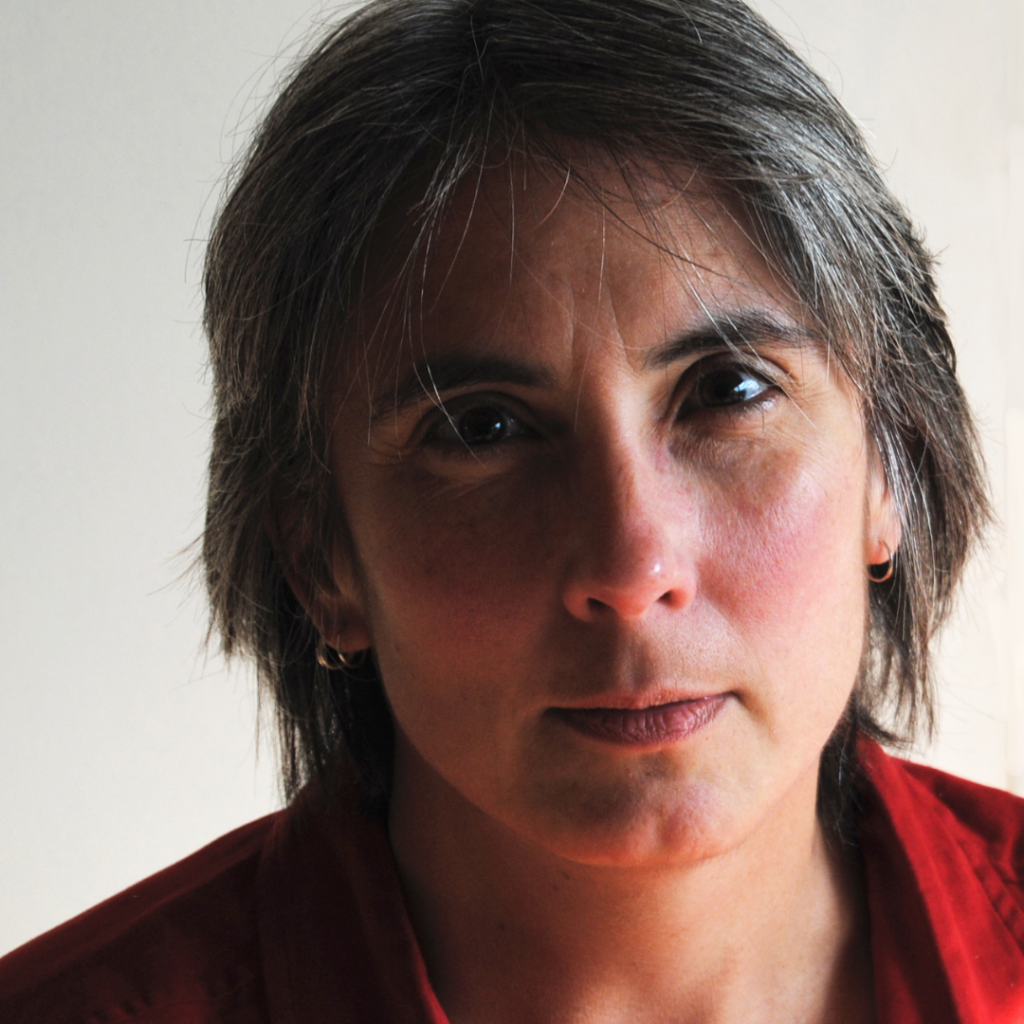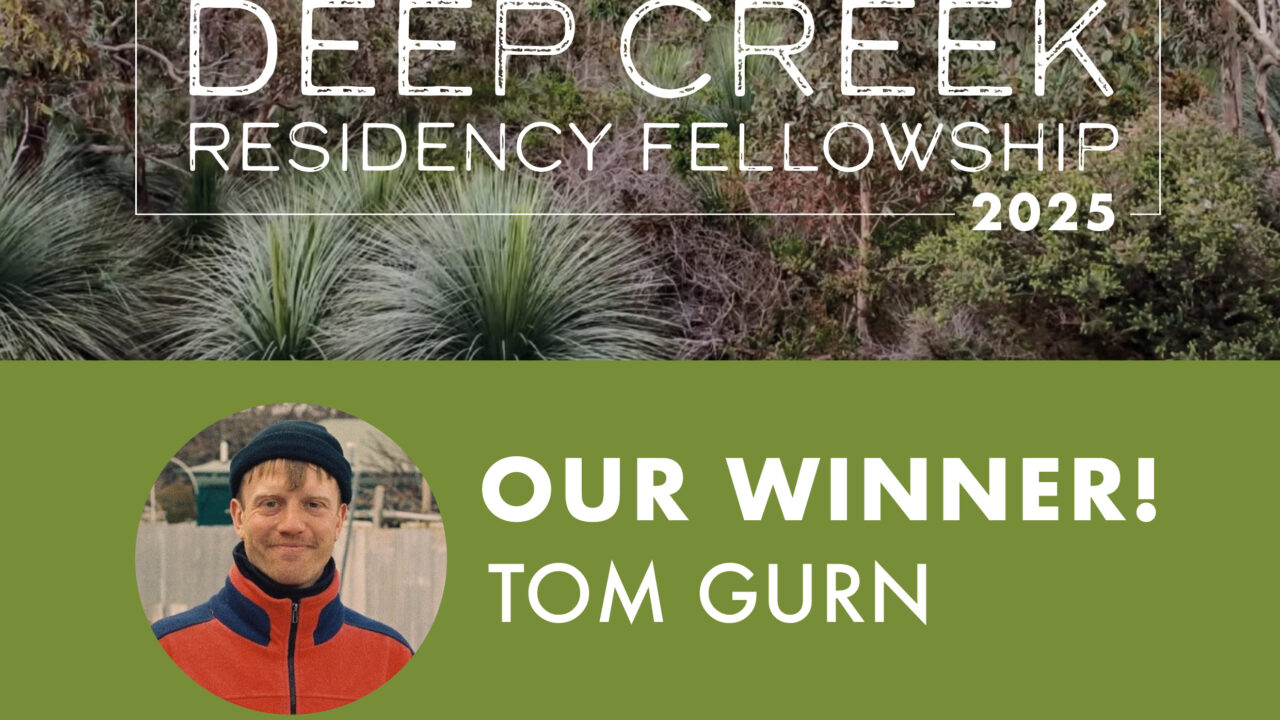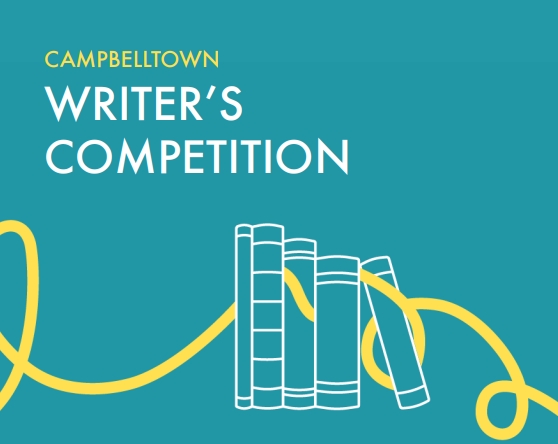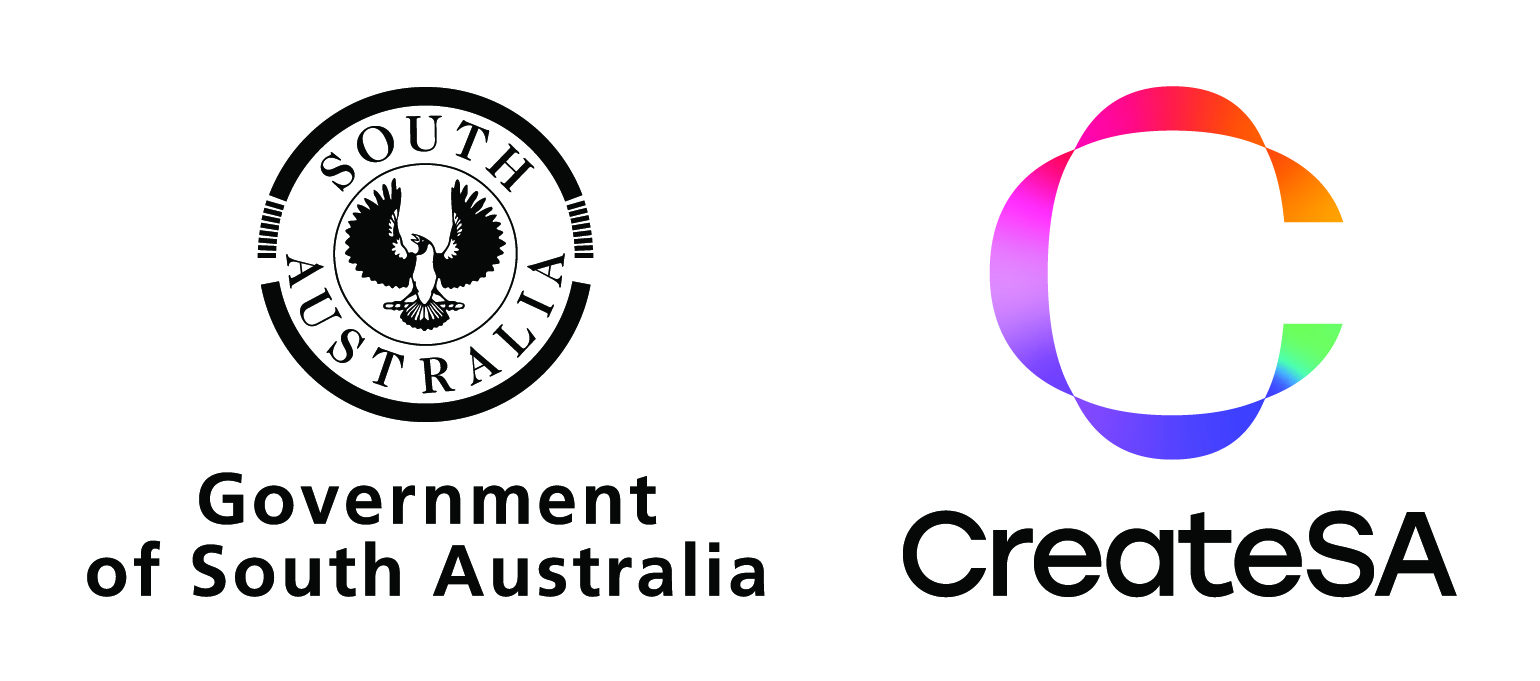
Laura E. Goodin has been writing professionally for 40 years. She attended the 2007 Clarion South workshop, and has a PhD in creative writing from the University of Western Australia. Her novels are available from Odyssey Books; her stories have appeared in numerous print and online publications; and her poetry, plays, and libretti have been performed on three continents. She has taught writing in Australia and internationally to writers of all ages, from children to postgraduate students and community-based writers. She has served as one of the editors-in-chief for the World Fantasy Award-winning academic journal ‘Fafnir – The Nordic Journal of Science Fiction and Fantasy Research’, and is an editorial advisor for the journal ‘Science Fiction: A Review of Speculative Literature’.
Ahead of her upcoming online workshop, Small But Mighty: Writing Powerful Flash Fiction and Short Stories, we chatted with Laura about short fiction, her writing journey and process, what you can expect from her workshop, and more.
What is the difference between flash fiction and short stories?
The obvious difference is length, with flash fiction being, generally speaking, 1,000 words or less (depending on whom you ask). But the most intriguing difference, and the one that attracts most writers to the form, is that flash fiction is a highly distilled, utterly compact, subtle, and suggestive – and thus very powerful – way to tell a story. That, of course, is also why it requires so much careful thought about craft and artistic discipline.
Why would I want to write short narratives?
There are as many reasons to write short narratives as there are writers who write them! Some of them include wanting to build up a portfolio of work that can lead to publishing credits; wanting to try out new ideas about form, characterisation, and imagery in a manageable way; wanting to practice skills and gain writing stamina before undertaking a larger project; not having the resources of time and livelihood to be able to devote large blocks of time to writing a novel; and/or just plain enjoying the rush of creating a story that thunders through the reader’s mind and is gone in a…well, flash.
Can I really develop strong characters, plot and dialogue with so few words?
You can and you must! Short fiction is excellent practice for the kind of efficiency that a writer still needs to bring to longer works. Just because you’re playing with 100,000 words instead of 10,000 (or 1,000), doesn’t mean you have the leisure to faff about with endless pages of description and introspection. Readers want and deserve writing that sparks and moves and engages, and writing short fiction is the best way to hone those skills.
Who publishes short fiction?
There are hundreds – nay, thousands – of outlets for short fiction, thanks to the internet. Most are very clear as to what they’re looking for (always, always, always check the submissions guidelines on their websites!), but even within their own stated guidelines, there are uncountable opportunities to find someone who will love – and, it is to be hoped, publish – your stories. Try The Submission Grinder to start looking for markets.
What attracted you to writing in this style?
I write in many styles and forms (novels, plays, libretti, performance poetry, interactive fiction, etc.), but I always love sitting down to work on a short story or a piece of flash fiction. I enjoy the challenge of being incredibly concise and intense, of making something happen in a very small space yet have it still make sense, of reaching readers’ intuition and heart through deft suggestion and subliminal hints, rather than lengthy passages. Building a castle is fine, but sometimes you want to build a miniature that enchants and surprises.
…flash fiction is a highly distilled, utterly compact, subtle, and suggestive – and thus very powerful – way to tell a story. That, of course, is also why it requires so much careful thought about craft and artistic discipline.
Laura E. Goodin
Which genre do you write?
Oh, lots. I don’t enjoy horror, so I don’t tend to get too dark in my own writing, but I’ve waded into science fiction, fantasy (including historical fantasy, which I really enjoy because of all the research), humour, adventure, occasionally mimetic fiction (the stuff with no magic or spaceships, so I get bored quickly), and quite a few mashups between genres. I literally did my PhD in how genre labels are a false god, and I live that in my artistic life as well.
What authors do you admire who work with flash fiction and short stories?
Oh so many! Bradbury, of course (although I found, when I read a complete collection of his short stories, that even the best among us can churn out a few real stinkers, which I found supremely comforting); LeGuin; Shirley Jackson; Conan Doyle (definitely worth exploring, and not just the Sherlock Holmes stuff, either); Kafka (the absolute wizard of short stories with lots going on under the waterline); Kipling; Vonnegut; Robert Sheckley, just as a partial list. I’ll also put in a plug for Peter M. Ball, who is one of my Clarion South Writing Workshop buddies, and is absolutely masterful at the short-story form (find him at Brain Jar Press).
What are you reading at the moment?
I’m currently really enjoying a beautiful hardcover book called A History of Sailing in 100 Objects. History and sailing are both special interests of mine (I have many; those are just two), so this one hits the spot! I tend to read more nonfiction than fiction, oddly, which means I can never quite keep up with all the latest new authors. This shames me, but I can’t seem to give up my nonfiction habit to make room for them.
How do you overcome writer’s block?
You know, I used to assert that there wasn’t really such a thing, but then I went through a few years of really quite serious life trauma and I realized that my brain had prioritized what it needed to do, and writing stories was going to have to wait. So I have a lot more compassion now for people who feel blocked. How I’ve been emerging out of it has been to: (1) understand that it’s not laziness, it’s survival; (2) write what little I can and feel gratitude for anything I can produce; and (3) give myself explicit, but compassionate, opportunities to write more (for example, last year I was part of a science-fiction writing collective where we produced stories in a shared world; I was accountable, yes, but everyone understood that the deadlines were more suggestions than do-or-die, mandatory rules). The fun is coming back into it, and I’m giving it a big, warm hug.
What are you currently working on?
Right now I have three short stories, two novels, an interactive (Twine-based) story, and an audiodrama script on the boil. Plus five different income streams I’m juggling to pay the rent, so the writing is still not getting the attention it deserves. I’m planning to retire in about five years….
What can writers expect from your Writing Powerful Flash Fiction & Short Stories workshop?
My favourite parts of workshops are where I get to hear all the writers working on one of the writing exercises (it’s a WORKSHOP; you’ll be doing WORK). The intense silence punctuated by keyboards clicking or notebook pages turning in a fevered rush of creativity – I love that. I’ll be giving ideas and suggestions to play with, but I will not be laying down hard and fast rules, because writers who insist that one way or another is THE way are invariably mistaken. My goal is to guide writers through a consideration of the main aspects of writing any story, but through the lens of how to get those jobs done efficiently and powerfully.
Places are now available for Laura’s online Short Stories and Flash Fiction workshop. Members receive 30% off the price of all workshops and events, join here for as little as $60.







